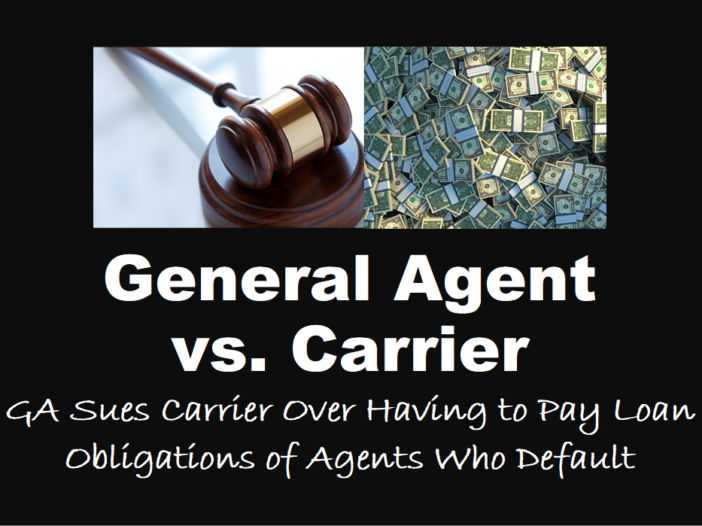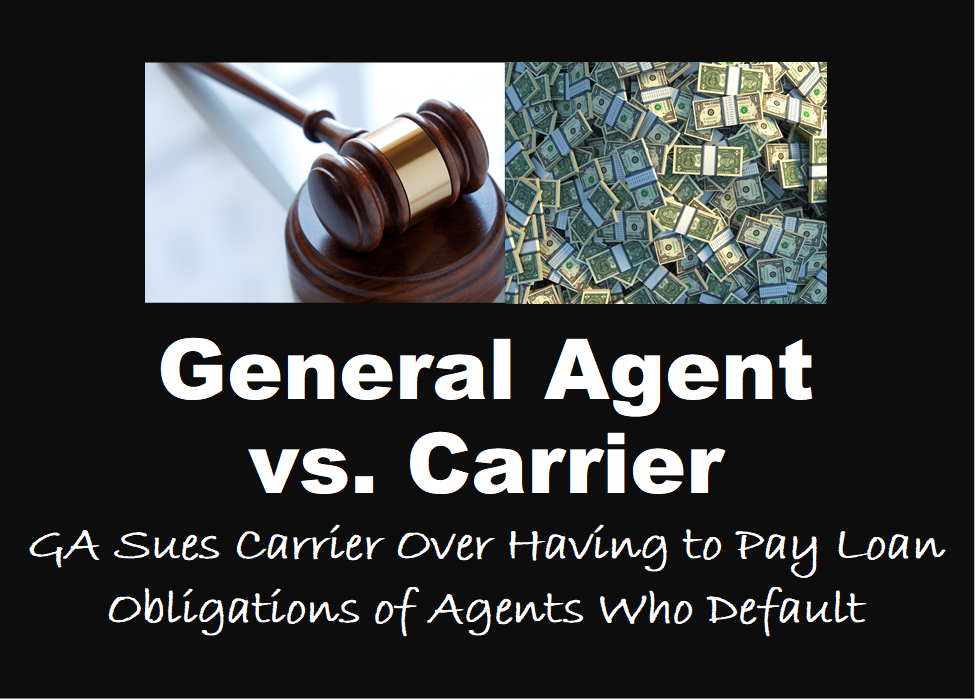
Courts typically rule that if words in an insurance policy are ambiguous (subject to multiple reasonable interpretations,) they will interpret it in the way most favorable to the insured. This is because the insurance company wrote the contract, not the insured. A Louisiana agent successfully argued that his contract with an insurer was ambiguous.
He was an agent for a religious fraternal order that offered insurance to its members. Starting in 2006, he acted as a “field agent” (FA) selling insurance for the order. FAs were recruited by and reported to “general agents” (GAs.) GAs oversaw and recruited field agents and also sold insurance. In 2013, he signed a general agent contract with the order and was given responsibility for the southeast Louisiana territory.

Both FAs and GAs received commissions on business produced by the FAs. However, FA contracts also permitted them to take a draw (essentially a loan) against future commissions when they needed funds. While this debt was the responsibility of the FAs, it became the GAs’ debt if the FAs failed to repay. The GA contract permitted the order to reduce the commissions payable to a GA by the amounts of draws the FAs had not repaid.
The handling of FAs became a source of contention between this agent and the order. Senior managers’ bonuses were tied to the number of FAs appointed. However, the potential draw debt a GA became responsible for increased with the number of GAs. Thus, senior management received the upside benefit of more FAs but had none of the downside risk – that risk was borne by the GAs.
The agent claimed that the order signed and terminated FAs without his input, even though he was responsible for recruiting and overseeing them. They also increased FAs’ draws over his objections, leaving him with little control over draw debt. He was also restricted from soliciting some order members for insurance.
By 2015 he had had enough and resigned. In 2019 he sued the order for breach of contract, acting in bad faith, and violation of state wage payment laws. The trial court dismissed his claims and he appealed.
In June 2022 the appellate judges reinstated some of his claims and returned them to the trial court. They noted a section of the contract giving him freedom “to exercise independent judgment” as to who to solicit for insurance, subject to order rules and procedures. That section also said that the rules and procedures “shall not be construed as interfering with the freedom of action of the General Agent …” They found this section to be ambiguous as to whether the order could prohibit him from soliciting certain members.
They also found an ambiguity in the provision in FA contracts enabling an FA to receive a draw in an amount jointly determined by the GA and the order. The agent argued that the order overrode his wishes regarding draw amounts. The court found that the contract was ambiguous “as to the balance of power sharing” between him and the order. They also found that the incentive for the order to appoint more FAs meant that they may have acted in bad faith.
Finally, they found his original FA contract to be ambiguous because the order was reducing his commissions payable under that contract by the debts his FAs incurred when he was a GA. They ruled that the debt provision in his FA contract was unclear as to whether it applied to debts incurred under other contracts with the order.
The opinion does not mention the dollar amount of damages involved, and the record showed no further court proceedings 14 months later. However, for the agent to incur the cost and inconvenience of an appeal, the amount was probably substantial. It seems likely that the two sides negotiated a settlement.
Carriers often present contracts to agents on a “take it or leave it” basis. Good carrier partners will answer prospective agents’ questions about how various contract provisions will apply. Just as policy terms and conditions can be unclear, so can those of agency contracts. It is worth the time to carefully review these agreements, ask questions, and refrain from signing without satisfactory answers.
















